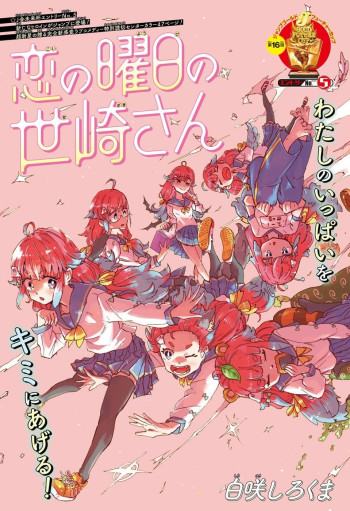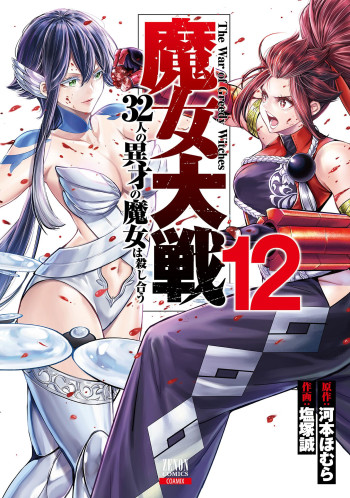Summary

Hearts In Atlantis
by Stephen King
Five interconnected, sequential narratives, set in the years from 1960 to 1999. Each story is deeply rooted in the sixties, and each is haunted by the Vietnam War.
Stephen King, whose first novel, Carrie, was published in 1974, the year before the last U.S. troops withdrew from Vietnam, is the first hugely popular writer of the TV generation. Images from that war -- and the protests against it -- had flooded America's living rooms for a decade. Hearts in Atlantis, King's newest fiction, is composed of five interconnected, sequential narratives, set in the years from 1960 to 1999. Each story is deeply rooted in the sixties, and each is haunted by the Vietnam War.
In Part One, "Low Men in Yellow Coats," eleven-year-old Bobby Garfield discovers a world of predatory malice in his own neighborhood. He also discovers that adults are sometimes not rescuers but at the heart of the terror.
In the title story, a bunch of college kids get hooked on a card game, discover the possibility of protest...and confront their own collective heart of darkness, where laughter may be no more than the thinly disguised cry of the beast.
In "Blind Willie" and "Why We're in Vietnam," two men who grew up with Bobby in suburban Connecticut try to fill the emptiness of the post-Vietnam era in an America which sometimes seems as hollow -- and as haunted -- as their own lives.
And in "Heavenly Shades of Night Are Falling," this remarkable book's denouement, Bobby returns to his hometown where one final secret, the hope of redemption, and his heart's desire may await him.
Full of danger, full of suspense, most of all full of heart, Stephen King's new book will take some readers to a place they have never been...and others to a place they have never been able to completely leave.
.
Read
Hearts In Atlantis on http://kissnovel.net
Martial Peak Reviews
Hearts In Atlantis is a masterful exploration of memory, loss, and the haunting specter of the Vietnam War, woven together through five interconnected narratives that span nearly four decades. Stephen King, known primarily for his horror fiction, delves into the realm of nostalgia and the complexities of human relationships in this poignant collection. Each story serves as a lens through which we can examine the impact of a tumultuous era on the lives of ordinary people, making it a profound commentary on the American experience during the 1960s and beyond.
The first story, "Low Men in Yellow Coats," introduces us to eleven-year-old Bobby Garfield, a character who embodies the innocence of childhood while simultaneously confronting the darker aspects of adulthood. Bobby's journey is marked by his interactions with the enigmatic Ted Brautigan, a man with a mysterious past who becomes a mentor figure. This relationship is central to the narrative, as it highlights the theme of lost innocence and the predatory nature of adult society. King expertly captures the essence of childhood wonder and the inevitable disillusionment that comes with growing up. The vivid imagery and emotional depth in this story set the tone for the rest of the collection, drawing readers into a world where the line between safety and danger is perilously thin.
The title story, "Hearts in Atlantis," shifts focus to a group of college students who become engrossed in a card game that serves as a metaphor for their lives and the choices they face. This narrative explores themes of camaraderie, the search for meaning, and the moral dilemmas that arise in times of conflict. The characters grapple with their own identities and the societal pressures that accompany the Vietnam War. King’s portrayal of their struggles resonates deeply, as it reflects the collective consciousness of a generation torn between duty and personal conviction. The card game becomes a symbol of their attempts to navigate a chaotic world, where laughter often masks deeper fears and uncertainties.
In "Blind Willie" and "Why We’re in Vietnam," King shifts the focus to Bobby's friends, who are now grappling with the aftermath of the war. These stories delve into the psychological scars left by Vietnam, illustrating how the conflict has left an indelible mark on their lives. King’s exploration of post-war disillusionment is both haunting and relatable, as he captures the emptiness and despair that many veterans and their families experienced. The characters’ attempts to fill the void left by the war reflect a broader commentary on the American psyche during this period, making these narratives particularly impactful.
The final story, "Heavenly Shades of Night Are Falling," brings Bobby back to his hometown, where he confronts the ghosts of his past. This narrative serves as a culmination of the themes explored throughout the collection, as Bobby seeks redemption and closure. King’s ability to evoke a sense of nostalgia while addressing the complexities of forgiveness and acceptance is remarkable. The emotional weight of this story lingers long after the final page is turned, leaving readers to reflect on their own experiences with loss and the passage of time.
One of the most striking aspects of Hearts In Atlantis is King’s ability to blend the personal with the political. The Vietnam War serves as a backdrop for the characters’ lives, influencing their decisions and shaping their identities. King does not shy away from the harsh realities of war; instead, he uses it as a catalyst for character development and thematic exploration. The interconnectedness of the stories reinforces the idea that our individual experiences are often shaped by larger societal forces, a theme that resonates deeply in today’s world.
King’s prose is both lyrical and accessible, allowing readers to immerse themselves in the emotional landscapes of his characters. His skillful use of imagery and symbolism enhances the narratives, creating a rich tapestry of human experience. The recurring motifs of memory, loss, and the search for meaning are woven throughout the collection, inviting readers to reflect on their own lives and the choices they make.
In comparison to other works that explore similar themes, such as The Things They Carried by Tim O’Brien, Hearts In Atlantis stands out for its focus on the psychological impact of war on civilian life. While O’Brien’s work is more directly tied to the experiences of soldiers, King broadens the scope to include the families and friends left behind, offering a more holistic view of the war’s repercussions. Both authors, however, share a profound understanding of the human condition and the complexities of memory, making their works essential reading for anyone seeking to understand the lasting effects of conflict.
In conclusion, Hearts In Atlantis is a powerful and evocative collection that showcases Stephen King’s versatility as a writer. Through its interconnected narratives, the book explores the themes of innocence, loss, and the haunting legacy of the Vietnam War. King’s ability to create relatable characters and emotionally charged stories makes this collection a compelling read that resonates with audiences across generations. Whether you are a long-time fan of King or new to his work, Hearts In Atlantis is a journey worth taking, one that will leave you contemplating the complexities of the human experience long after you’ve turned the last page.
























Reviews 0
Post a Reviews: